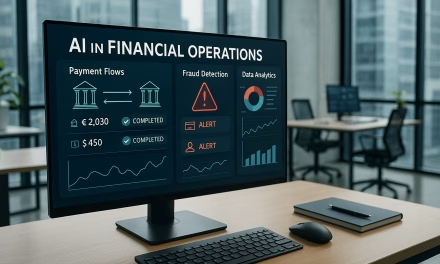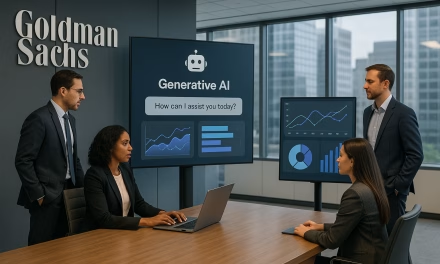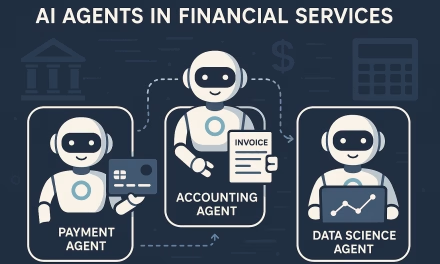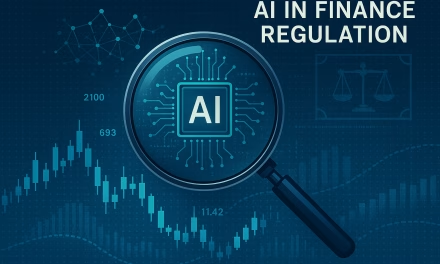The trading floors of Wall Street have always been a crucible of high-stakes competition, where the slightest edge can translate into billions. The latest front in this battle is not a new trading strategy or financial instrument, but a new type of employee: the AI-powered assistant. Financial behemoths like JPMorgan Chase, Morgan Stanley, and Goldman Sachs are in an arms race to deploy generative AI across their operations, a move that promises to redefine the roles of bankers, traders, and analysts.
JPMorgan Chase, for instance, has rolled out a ChatGPT-like assistant to its entire workforce, designed to help with tasks ranging from writing emails to generating reports. This is not just about saving time on administrative tasks; it’s about augmenting the capabilities of their human experts, allowing them to focus on higher-value activities. Morgan Stanley has taken a similar path, equipping its financial advisors with OpenAI-powered tools to help them better serve their clients with personalized insights and analysis.
Goldman Sachs is perhaps taking the most ambitious approach. Their new generative AI assistant is being designed to eventually ‘take on the traits of a seasoned Goldman employee,’ according to their CIO, Marco Argenti. This suggests a future where AI is not just a tool, but a digital colleague, capable of learning, reasoning, and contributing to the firm’s collective intelligence. The goal is to create a system that can understand the nuances of the market, the intricacies of a deal, and the specific needs of a client, all with the speed and scale that only AI can provide.
This rapid adoption is driven by the immense potential for a return on investment. A recent analysis highlighted by Finextra shows that the ROI on AI deployment in the financial sector has hit a staggering 136%. With numbers like that, it’s no surprise that Wall Street is going all-in on AI. The ability to analyze vast datasets, identify hidden patterns, and generate novel insights at superhuman speed is a competitive advantage that no firm can afford to ignore.
However, this AI revolution is not without its concerns. The rise of the AI analyst inevitably raises questions about the future of human jobs in finance. Dario Amodei, CEO of Anthropic, recently warned that AI could eliminate a significant portion of entry-level office jobs in the coming years. While the current focus is on augmentation, not replacement, the long-term trend is clear: the skills required to succeed in finance are changing. The ability to work alongside AI, to ask the right questions, and to interpret its outputs will become more valuable than the ability to perform the routine analytical tasks that AI can now handle.
The AI arms race on Wall Street is a microcosm of the broader transformation happening across the global economy. The firms that can successfully integrate AI into their culture and workflows will be the ones that lead the industry for decades to come. The era of the AI-powered financial analyst has arrived, and Wall Street will never be the same.





